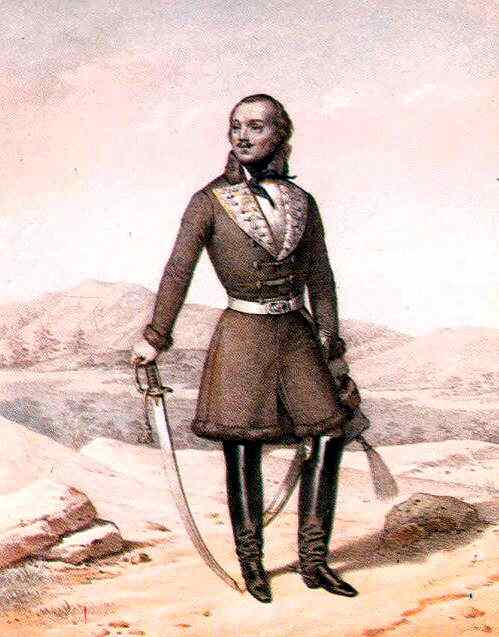Citizenship for Polish
Hero of American Revolution
THE
ASSOCIATED PRESS ;November 7, 2009
WASHINGTON (AP) - Gen. Casimir
Pulaski finally became an American citizen, 230 years after he died fighting in
the Revolutionary War. President Obama signed a joint
resolution of the House and the Senate on Friday that made Pulaski, a Polish
nobleman, an honorary citizen. Pulaski's contribution to the American colonies'
effort to leave the British Empire began with
a flourish. He wrote a letter to Gen. George Washington with the declaration: "I
came here, where freedom is being defended, to serve it, and to live or die for
it." Representative Dennis J. Kucinich, Democrat of Ohio, had been pushing for the honorary
citizenship since 2005."Pulaski made the ultimate
sacrifice for this country, and he deserves nothing but the highest honor and
recognition for his service", Mr. Kucinich said then. Washington had heard of
the young Pole from Benjamin Franklin, who had been his first ambassador to France. Franklin told him that Pulaski's exploits had made him
"renowned throughout Europe for the courage
and bravery he displayed in defense of his country's freedom." Washington let
Pulaski join the fight against the British, and he made
a name for himself as a skilled horseman. He would eventually be known as the
"father of the American cavalry". Pulaski died before the British were driven
away. In October 1779, he led a cavalry assault to save the important Southern port of Savannah,
Ga. He was
wounded and taken aboard the American ship Wasp. He died at sea two days later .Americans
have honored Pulaski throughout the last two centuries. A number of counties
and streets, as well as the skyway between Newark
and Jersey City,
are named for him. The Continental Congress suggested that a monument be
erected in his honor, and in 1825 it was finally installed in Savannah. In 1929, Congress declared Oct. 11
Pulaski Day in the United
States, a largely forgotten holiday in much
of the country. (AP)

There is no proof of Pulaski's Masonic
membership. All references to it stem from after 1824, when the corner stone of
the monument was laid with Masonic ceremonies, and Richard T. Turner, high
priest of Georgia Chapter at Savannah,
reported to his chapter that they had laid the corner stone of the monument to
"Brother Count Pulaski." Other sources say he was affiliated with the
Army Lodge in the Maryland Line. Casimir Pulaski
Lodge No. 1167, meeting in Logan Square Masonic Temple, Chicago, is named in
his honor, and a brochure issued by them, states in part, "Casimir Pulaski was raised to the sublime degree of Master
Mason in Gould Lodge of Georgia on June 19, 1779 . . . was buried with Masonic
honors." d. Oct. 11, 1779.
* *
*
Rudolph M. Anderson - captain in the 5th Virginia
Continentals, he led the advance of the Americans at the battle of Trenton in
1776, crossing the Delaware in the first boat; was wounded in this action;
promoted to major of the 6th Virginia in 1778 and transferred to the 1st
Virginia in Sept., 1778. Fought in battles of Brandywine and Germantown
and was again wounded at Savannah May 12, 1779
and taken prisoner at Charleston
in May, 1780. A daring leader he was at
the death-bed of Count Pulaski q.v. and the dying Pole gave him his sword as a
memento. After the war he removed to the wilderness of Kentucky
near Louisville,
and led the life of a pioneer and Indian fighter until advancing civilization
pushed the frontier farther west. He obtained the charter for the Louisville lodge from the
Grand Lodge of Virginia. d. Oct. 16, 1826.
